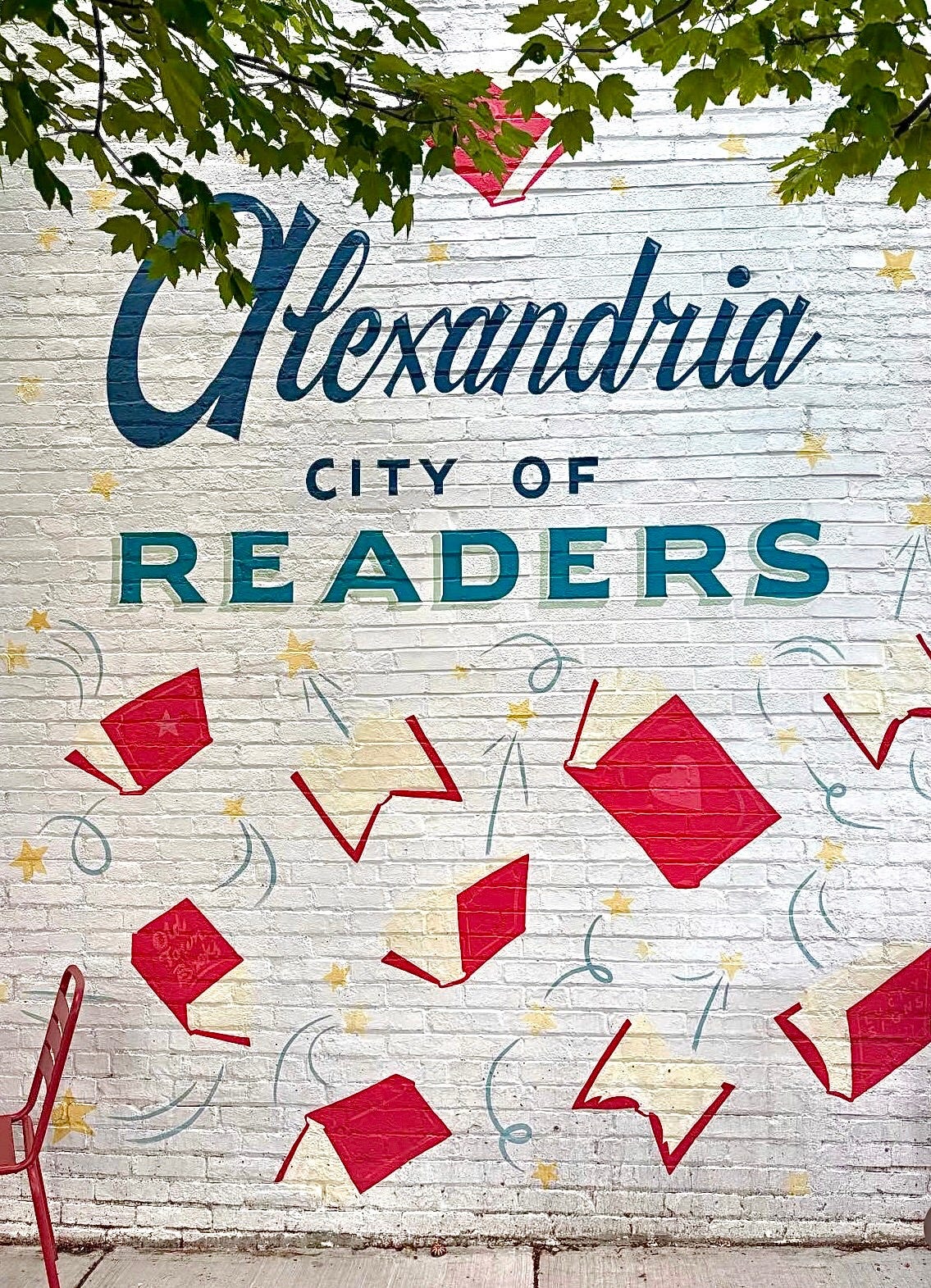Hello Smarty, It's Your BookWag!
Muggy July Delivers Fresh Reads from Adam Aleksic, Sophie Elmhirst, Lisa Smith, Clémence Michallon, and More...

Dear Wags,
Now is the summer of our discontent! Maybe it’s because we’re reading the wrong things.
BookWag understands that reading—now yet another venue for competition and virtue-signaling—was not always considered wholesome or aspirational. In the 18th and 19th centuries, many feared that books, especially novels, would corrupt young minds. Boys might become listless and effete from too much reading; girls could fall victim to “reading lust,” an addictive affliction, and be condemned to neurotic spinsterhood. Idle reading, like scrolling TikTok today, was said to breed vanity and sloth. Rather than honing the mind for noble or religious pursuits, it made its victims rageful and dull. Sound familiar?
Yes, we love to read. But perhaps we’ve gone too far in sanctifying it—treating reading as so virtuous, so precious, so insufferably middle class that we’ve forgotten something essential: books can also be filthy, unruly, and fun. If we believe reading is essential to civilization, maybe we shouldn’t be so smug about it. Maybe the idea of books as subversive and disreputable restores a bit of their raffish charm—kicking them out of the parlor and back into the alley.
Lately, we’ve been pummeled with fresh evidence that large swaths of Americans—including those charged with governing—barely read at all. Not only are they not Book Smart, they’re contemptuous of the very idea. Such people have always existed; what we fail to learn is that scolding them never works. You cannot rescue democracy with a tote bag and a quote from Zadie Smith.
If we want more people to read—young and old, male, female, and otherwise—we might stop pretending that books are always uplifting. Some are salacious, incendiary, and scandalous. Some are irredeemable trash. Reading doesn’t always ennoble us. It does, however, provoke the mind. It may not make us kinder, but it can make us more curious. Not reading won’t make you a bad person, but it probably makes you less interesting.
This summer, abandon reading as a virtue. Read with licentiousness. Read as if you’re sneaking into an opium den. Read not because it is Good, but because it is Sinful—not because it is Worthy or Productive, but because it’s an egregious waste of time. Read like it’s underage drinking or an illicit cigarette. Read not because you’re well brought up, but because you’re a little edgy—not because it makes the world a better place, but because the opposite can also be true. And there’s some glory in wayward decadence.
Read not for improvement, but for pleasure. Not to become better, but to feel more alive. That’s the dazzling, scary magic of losing yourself in a good story.
Yours ever,
Joan Wilder
Clint by Shawn Levy
In stardom, personality is subsumed by a projected persona. Clint Eastwood, like all great stars, makes it hard for us to know where one begins and the other ends. Was he an irascible, taciturn individualist before Spaghetti Westerns and Dirty Harry? Or was a 95-year-old icon born—or performed—into existence?
Levy, a critic and biographer (of Paul Newman and Jerry Lewis), is an unabashed Eastwood fan, but his chronicle of a sprawling, sometimes messy life is more than hero worship. Eastwood was an aimless kid from the Bay Area who was drafted during the Korean War (he survived a plane crash off the California coast by swimming two miles to shore). He became a Universal contract player, scored early success on television, and then, in the 1960s, became a global star thanks to Italian director Sergio Leone.
Then came the role of hippie-punching cop Harry Callahan and, more importantly, a long run as a discerning and acclaimed director. He has won four Academy Awards—Best Picture and Best Director for Unforgiven (1993), and again for Million Dollar Baby (2005). Levy tracks the career high notes, the twists and turns of a complex personal life (at least eight children with several women over many decades), and, of course, the politics. Eastwood’s aversion to war and mistrust of institutions has never wavered; though sometimes aligned with the GOP, he’s never been a loyalist.
In that way, his life and independence may speak to something deeper in our confounding national character. Times change; he remains stubbornly himself.
— Philo Beddoe
Our Last Resort by Clémence Michallon
Sometimes you want to get away from it all. But if Clémence Michallon is your travel agent, murder is definitely on the itinerary.
Frida and Gabriel share a strange and tragic history. Both were raised in a secretive cult, where they formed an intense, sibling-like bond. Their dramatic escape became a national scandal. Years later, after drifting apart, they reunite at a luxurious resort in the Utah desert, hoping to reclaim what was lost between them.
Then a fellow guest—the beautiful young wife of ruthless tabloid mogul William Brenner—turns up dead. Did the husband kill her in a fit of rage, or is the murder connected to Gabriel’s shadowy past? As the suspense builds, the narrative toggles between haunting memories and present-day tension, with Frida caught between protecting her soulmate and confronting a dangerous truth.
Find a chaise longue—and don’t get up until the mystery’s solved.
— Marcy May
Keep reading with a 7-day free trial
Subscribe to CultureWag to keep reading this post and get 7 days of free access to the full post archives.




